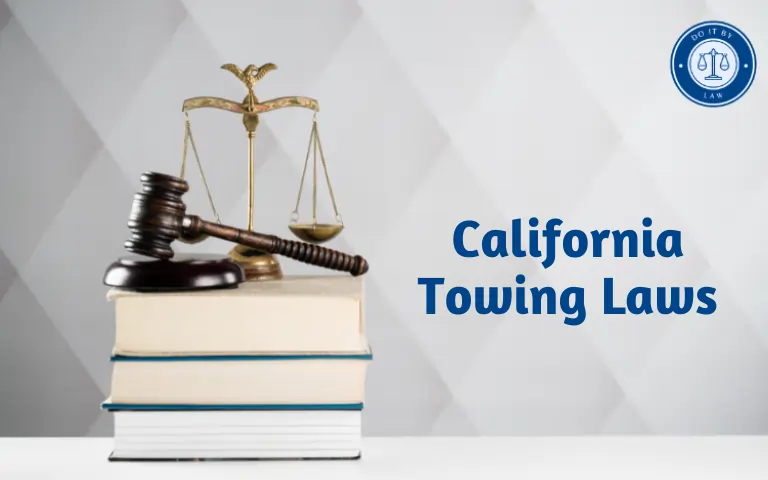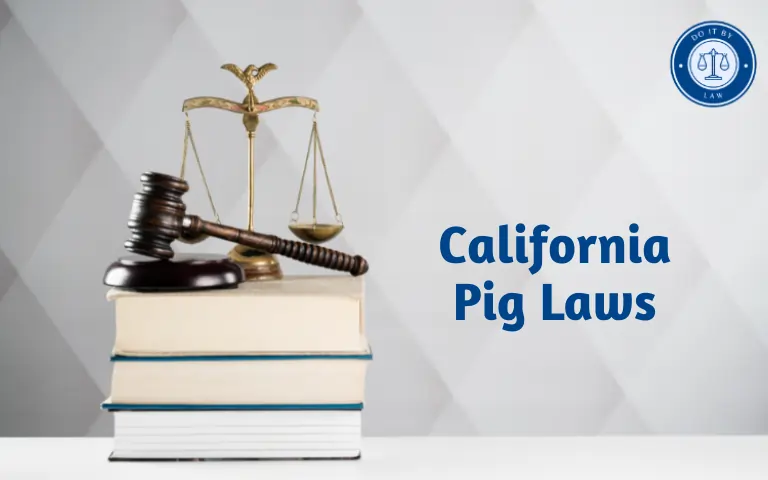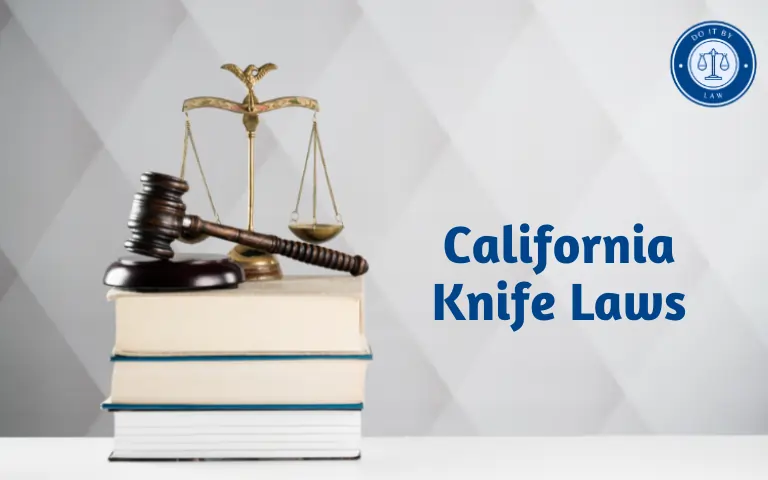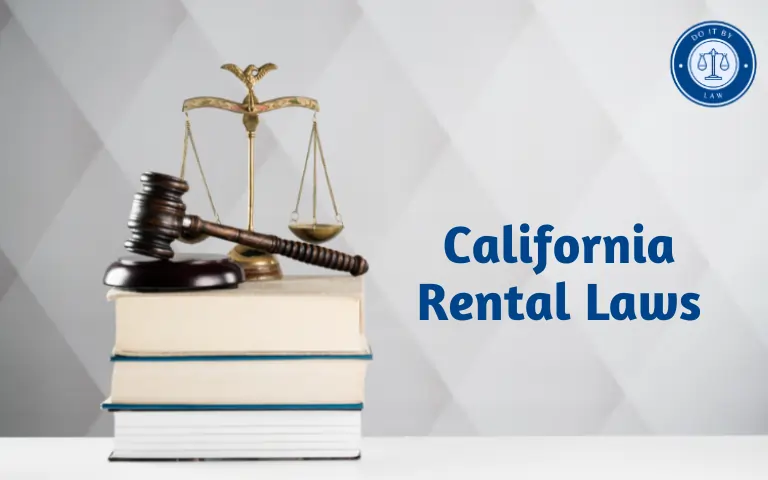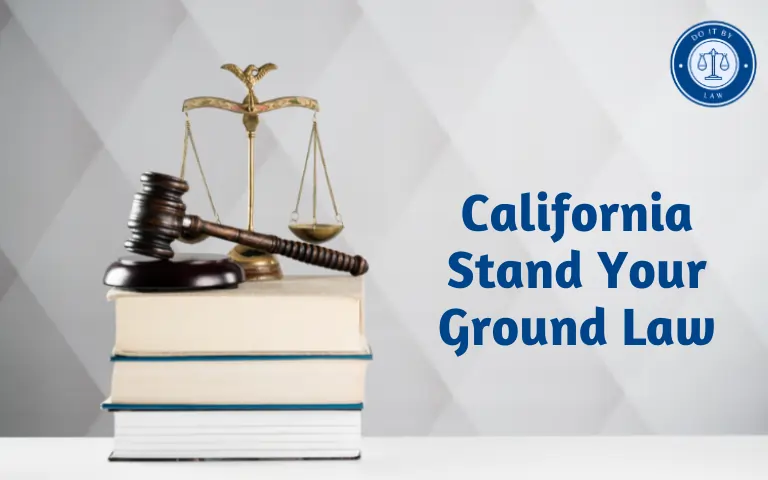California Towing Laws: What You Need to Know
Few things ruin your day faster than walking out to an empty parking spot and realizing your sweet ride got towed away by some shady tow truck bandits. But fear not Californians! Your state has California Towing Laws to protect you from predatory towing practices. So read up on your rights when it comes to getting hooked and hauled in the Golden State.
When Towing Laws Were Enacted and Why
California State first passed laws regulating vehicle towing and storage back in the 1980s after public outcry over some super sketchy practices by tow companies at the time.
We’re talking things like:
- Towing perfectly legally parked cars just to rack up fees
- Overcharging desperate car owners ridiculous amounts to get their vehicles back
- Destroying or selling people’s cars and personal property when they couldn’t afford fees fast enough
Not cool right? The lack of consumer protections meant predatory towing practices were totally out of control.
So lawmakers stepped up and passed laws like the California Vehicle Code sections 22658 and 22650 to rein in the tow truck Wild West. These laws established consumer rights and rules that companies must follow – or face penalties.
The goal was to crack down on unethical business practices while allowing reasonable towing to keep abandoned junkers from clogging up parking spots. Fair enough!
Who Towing Laws Apply To
California’s towing laws protect:
Vehicle Owners
If your car gets towed for any reason like parking violations, accidents, breakdowns, etc.
Property Owners/Managers
If they contract with tow companies to remove illegally parked cars from their private lots.
Towing Companies
All companies doing business hauling away vehicles in California must comply with state towing and storage laws.
So in summary, these laws cover pretty much any scenario involving involuntarily towing vehicles to protect consumer rights.
Key Provisions of California Towing Laws
The main protections California towing laws give vehicle owners are:
Signage Requirements
Private property owners must post visible warning signs at entrances and throughout lots, stating:
- Exact parking restrictions
- Tow company contact info
- Towing charges
Fee Limits
The state caps the maximum fees tow companies can charge per tow and day/mile for storage to prevent price gouging.
Payment Options
Towing firms must accept credit cards and cannot demand cash only for releasing vehicles.
Release Timeframes
Companies must release vehicles back to owners within 1 hour of payment if during business hours, or within 1 hour of opening if after hours.
Damage Liability
If your car gets damaged during towing or storage, the company is financially liable for losses.
There are also strict rules around protecting personal property left in vehicles, providing valid receipts documenting all charges, avoiding trespassing when removing vehicles, etc.
So in short, California aims to rein in Wild West practices!
Penalties for Violating California Towing Laws
Breaking California towing laws can earn companies:
Fines
The state Department of Consumer Affairs hits violators with $2,500 – $25,000 in state fines per incident for things like excessive fees, improper signage, vehicle damage, etc.
Lawsuits
Vehicle owners can sue for up to 3 times the towing and storage charges paid if companies violate certain rights per the California Civil Code. Ouch!
License Revocation
The state can revoke or suspend the carrier license of tow firms with multiple violations, shutting them down.
Fines and penalties rack up fast, especially for larger towing firms doing volume business. So two companies can’t just ignore the rules!
Recent Changes and Proposed Legislation on California Towing Laws
California frequently updates towing laws to boost consumer rights. Recent changes include:
2022 – SB 521
Increased oversight and penalties for criminal towing schemes using fake or obscured company info to avoid accountability.
2023 – AB 925
Restricts removing vehicles solely for expired registration unless confirmed with the DMV database first.
2023 – AB 1519
Boosts penalties for stealing catalytic converters and trafficking in stolen auto parts.
2024 Proposals
New bills proposed would further regulate patrol towing contracts, expand vehicle owner rights, and require release within 30 minutes if requested during business hours.
So lawmakers continue finding ways to rein in questionable tow operators! Hats off to them.
Controversies Around California Towing Laws
While California’s towing laws are strict, some areas of debate and controversy remain:
Fee Caps
Towing associations argue state fee caps are too low, failing to keep pace with inflation and labor costs. But consumer groups say rates remain predatory.
Property Owner Contracts
Many property owners fail to post adequate signage as required, claim they didn’t authorize a tow or have cozy contracts with disreputable firms harming consumers.
Damage Claims
Vehicle owners report issues receiving fair compensation for property damage caused by towing operators. Arbitration and settlement processes favor companies.
Law Enforcement Towing
Some allege law enforcement agencies get kickbacks for referring crashed vehicles to certain tow firms, though investigations yield little hard evidence. Hmmm.
Lien Sales Loophole
While rare, some tow firms still manage to sell vehicles unlawfully through loopholes when owners can’t afford hefty storage fees.
So the cat and mouse game continues in the towing world!
Key Takeaways on California Towing Laws
In summary when it comes to involuntary towing in California:
- Laws enacted in the 1980s respond to predatory “tow truck bandits”.
- Provide consumer protections against shady fees, damage, and property loss.
- Require posted signage, fee limits, payment options, and quick-release rules.
- Violations bring major fines and license revocation.
- Updates continue boosting vehicle owner rights.
So while the occasional rogue tower still lurks out there, laws offer more protection than ever before against getting hooked unexpectedly. Hallelujah!

